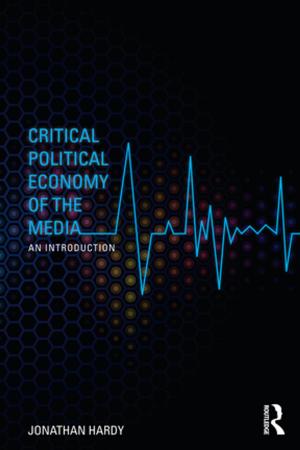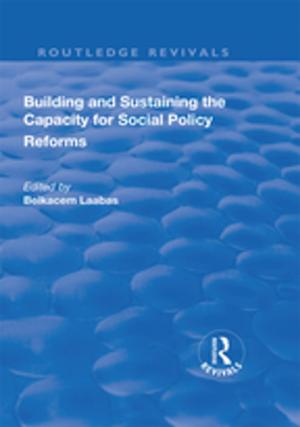Growing-Up Modern
The Western State Builds Third-World Schools
Nonfiction, Reference & Language, Education & Teaching| Author: | Bruce Fuller | ISBN: | 9781136871085 |
| Publisher: | Taylor and Francis | Publication: | November 26, 2010 |
| Imprint: | Routledge | Language: | English |
| Author: | Bruce Fuller |
| ISBN: | 9781136871085 |
| Publisher: | Taylor and Francis |
| Publication: | November 26, 2010 |
| Imprint: | Routledge |
| Language: | English |
The modern state – First and Third Worlds alike – pushes tirelessly to expand mass education and to deepen the schools’ effect upon children. First published in 1991, Growing-Up Modern explores why, how, and with what actual effects state actors so vehemently pursue this dual political agenda.
Bruce Fuller first delves into the motivations held by politicians, education bureaucrats and civic elites as they earnestly seek to spread schooling to younger children, older adults and previously disenfranchised groups. Fuller argues that the school provides an institutional stage on which political actors signal their ideals and the coming of greater modernity; broadening membership in the polity, promising mass opportunity in the wage sector, intensifying modern (bureaucratic) forms of school management, and deepening a presumed commitment to the child’s individual development.
Fuller advances a theory of the ‘fragile state’ where Western political expectations and organisations are placed within pluralistic Third World settings, using southern Africa as an example of the dilemmas faced by the central state.
The modern state – First and Third Worlds alike – pushes tirelessly to expand mass education and to deepen the schools’ effect upon children. First published in 1991, Growing-Up Modern explores why, how, and with what actual effects state actors so vehemently pursue this dual political agenda.
Bruce Fuller first delves into the motivations held by politicians, education bureaucrats and civic elites as they earnestly seek to spread schooling to younger children, older adults and previously disenfranchised groups. Fuller argues that the school provides an institutional stage on which political actors signal their ideals and the coming of greater modernity; broadening membership in the polity, promising mass opportunity in the wage sector, intensifying modern (bureaucratic) forms of school management, and deepening a presumed commitment to the child’s individual development.
Fuller advances a theory of the ‘fragile state’ where Western political expectations and organisations are placed within pluralistic Third World settings, using southern Africa as an example of the dilemmas faced by the central state.















